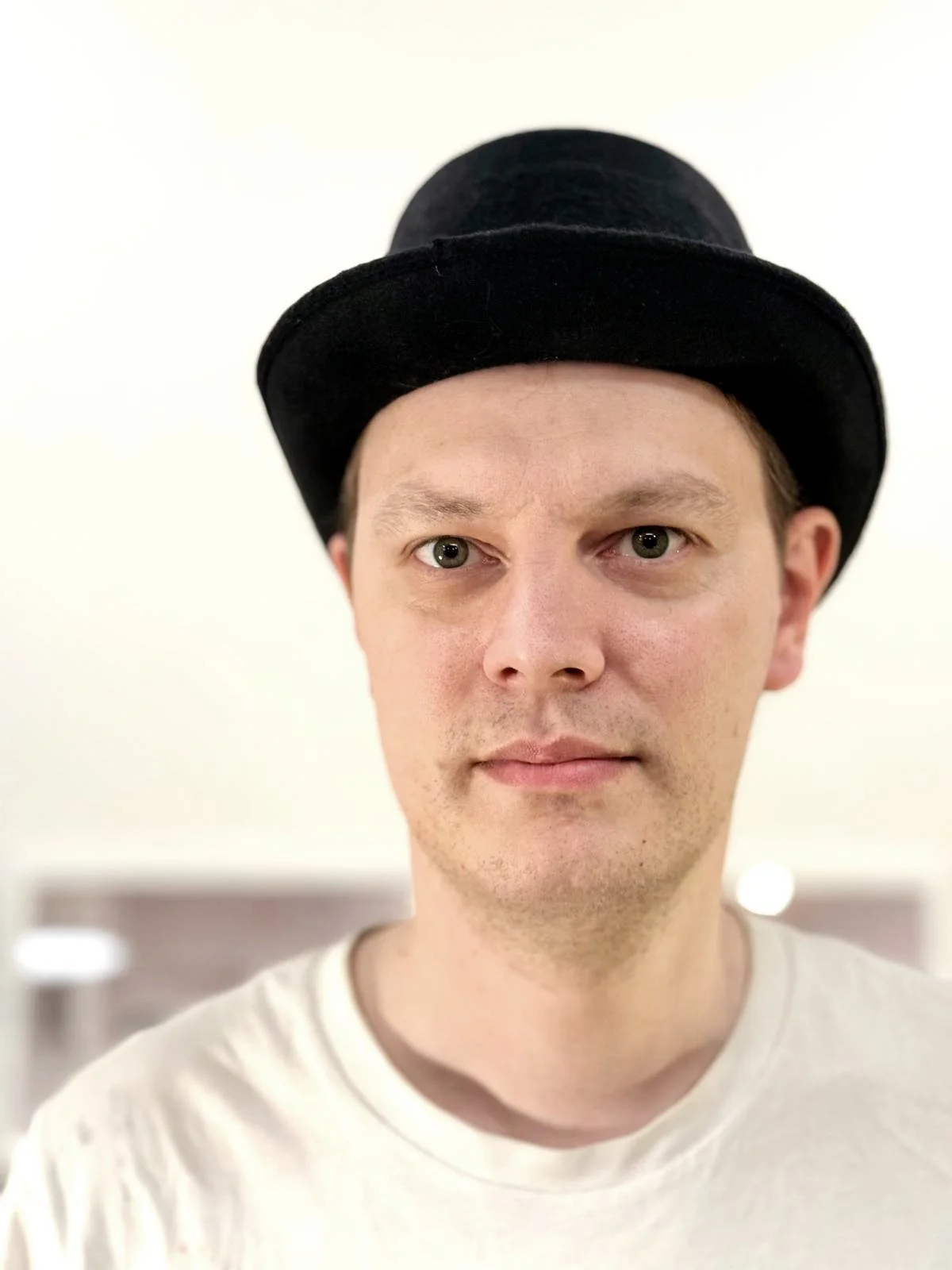Talents Innovation Forum: A glimpse into Flow
With rapid advancement of technology was transforming moving image creation industries for a while. Today, the threshold of what is available has moved way beyond. The accessibility, compatibility, and scalability of modern digital tools now empower anyone with vision and dedication to test their skill in the world of filmmaking.
In the spotlight is Flow (2024), a breakout animated feature by Latvian filmmaker Gints Zilbalodis that exemplifies this new frontier. Created by a small, predominantly freelance team — many of whom were working on a feature for the first time — Flow was produced on a modest €3.5 million budget, yet has captured global attention, not just for its visual elegance, but for its bold production philosophy.
Two team members will share their journey with this unusually streamlined approach to filmmaking, reflecting on how Open Source tools and independent workflows allowed them to stay flexible, efficient, and true to goal production.
SPEAKERS
KONSTANTINS VISNEVSKIS
3D Computer Graphics Artist, Lecturer | LV
MARTINS UPITIS
Creative Director/Co-Founder, Physical Addons | LV
MODERATED BY
IGOR SIMIĆ
Creative Director, Demagog Studio | US
TIME
Monday, August 20th, 2025
17:00 – 18:00 (CET)
LOCATION
CineLink Conference Room @ Swissotel
Konstantins Visnevskis
Co-Founder and creative director of Physical Addons where he and his team design Blender addons. He is Academic arts graduate and a Technical Artist in computer game and VR companies.
Teaching his own course in physical lighting and materials using Blender in art schools and universities in Latvia. Dad of 2. He has a passion for shading, physical lighting, and space.
Martins Upitis
A freelance 3D artist of 20 years in the speedy world of TV commercials that suddenly found himself at home in a movie production.
Rejects as a false dichotomy the polarization of technical, functional and rational against inspiration, aesthetics and creativity in professional art.
MA in Visual Communication, Art Academy of Latvia, where he also is currently lecturing.
Igor Simić
Igor Simic graduated from Columbia University in New York with a double-major in Film Studies and Philosophy. His short films screened at film festivals, received awards, including the 1st Prize at Loop Barcelona, and were exhibited at art institutions, such as Kunsthalle Mainz, Ulm Museum, Palazzo Strozzi in Florence, The Art Institute of Chicago, etc. Simic is represented by Gallery Anita Beckers in Frankfurt. As the creative director and CEO, Simic co-founded the gaming company Demagog Studio, which created Golf Club: Wasteland (on storefronts Golf Club: Nostalgia) that was featured by Apple in 2018 and shown at Manifesta 14. The studio created two more games in the same world: The Cub, which premiered at the Tribeca Film Festival 2022 and Highwater for Netflix in 2023. Simic is a tutor and moderator at Berlinale Talents and Sarajevo Talents.





